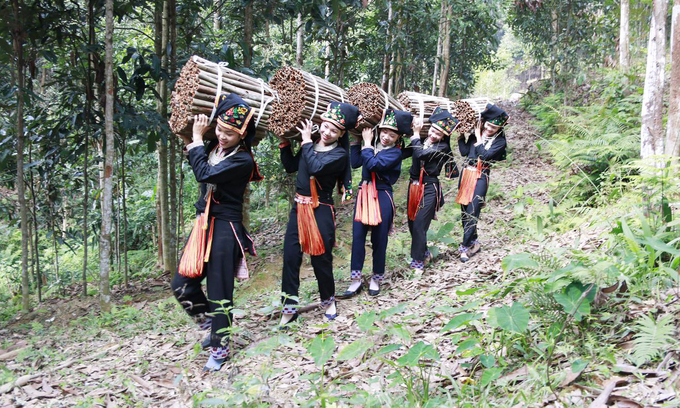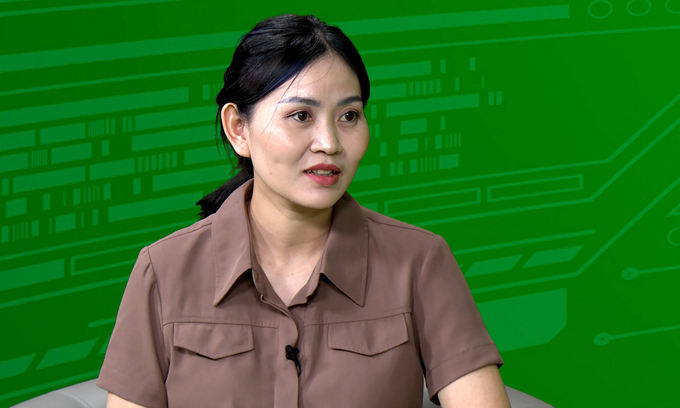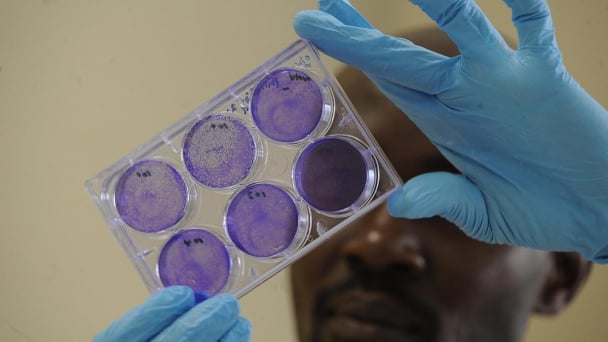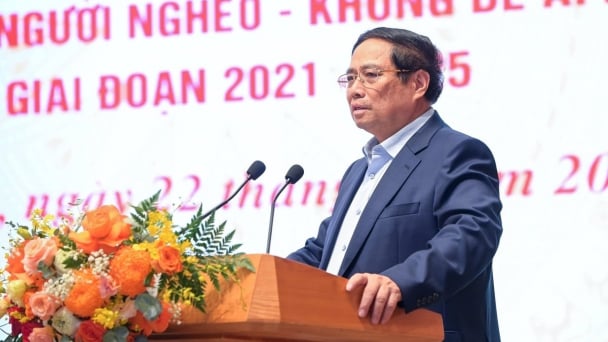June 24, 2025 | 23:33 GMT +7
June 24, 2025 | 23:33 GMT +7
Hotline: 0913.378.918
June 24, 2025 | 23:33 GMT +7
Hotline: 0913.378.918

People harvesting cinnamon in the northern mountainous region. Photo: Hong Van.
After four years of implementing the Free Trade Agreement (FTA) between Vietnam and the United Kingdom and Northern Ireland (UKVFTA), bilateral trade growth has consistently remained high, even in 2023, a year marked by slow global economic growth and a decline in markets importing significant volumes of Vietnamese goods.
As a new-generation FTA, UKVFTA introduces a range of commitments related to sustainable development, even dedicating an entire chapter to this critical subject. Both parties have agreed to work together to strengthen actions addressing key global challenges, such as climate change, biodiversity conservation, sustainable forest management and the promotion of sustainable aquaculture practices.
"Trade and sustainable development have become inseparable components of modern free trade agreements", explained Mr. Nguyen Canh Cuong, the former Commercial Counselor of Vietnam's Trade Office in the UK. He emphasized that this presents both significant opportunities and challenges for businesses.
According to Mr. Cuong, businesses that are able to increase the proportion of green products and transition towards more sustainable, lower-emission production methods will be highly regarded. Such products tend to fetch higher prices in the market. However, the shift towards sustainable production and development models could result in higher costs and create additional competitive pressure, particularly for small and medium-sized enterprises.
Drawing on his extensive experience in the UK, Mr. Cuong noted that a significant segment of high-income consumers in the UK is willing to pay a premium for greener, cleaner products. Products in various sectors, such as agricultural goods, consumer products, textiles, and seafood, have considerable potential to penetrate this market.
Echoing this perspective, Mrs. Nguyen Thi Huyen, CEO of Vinasamex, a leading company in the production and export of cinnamon and star anise from Vietnam, agrees that the UK is a promising market. However, she also emphasized that entering this market is not an easy task.
In 2013, when the company set its sights on Europe as a target market, it began establishing a value chain and collaborating on organic and sustainable development with approximately 1.000 farmers in the northern provinces of Lao Cai, Yen Bai and Lang Son. At that time, the concept of organic and sustainable agriculture was still relatively new in Vietnam, and the company faced numerous challenges in implementing this model.
"When we succeeded in meeting international certifications, our brand gained recognition, and our products seemed to have a 'green pass' to enter the European market", Mrs. Huyen recalled.
In early 2021, when the UK-Vietnam Free Trade Agreement (UKVFTA) came into effect, Vinasamex’s customers were exempted from tariffs (approximately 5-10%), which enhanced the competitiveness of their products. As the market stabilized, the company found that the selling prices of their products were about 20% higher than the previous prices before the tariff exemptions were applied.

Mrs. Nguyen Thi Huyen believes in the potential of green products. Photo: Nghiem Lan.
Half of the additional value generated by Vinasamex is reinvested into training programs for approximately 3.000 households in the provinces of Lao Cai, Yen Bai, Lang Son and Bac Kan. This training helps these farmers better understand the standards for sustainable development and the high-quality standards required by the UK market. Along with this, the company has used the additional funds to invest in advanced technology and modern machinery to improve the quality of its products.
The company's value chain model continues to expand, now covering an area of 4.200 hectares that meet international organic certification standards. "We expect that within the next three years, Vinasamex will collaborate with and support 10.000 households across 10.000 hectares, helping them improve their livelihoods and achieve better outcomes", said Mrs. Huyen.
Similar to Vietnam, the United Kingdom has set a target to achieve Net Zero carbon emissions by 2050. Mrs. Nguyen Son Tra, Director of the Multilateral Trade Policy Department at the Ministry of Industry and Trade, explained that the UK government has recently introduced several measures to further encourage sustainable trade practices. These measures apply not only to goods produced within the UK but also to products imported into the UK market.
For instance, one policy is the imposition of a tax on plastic packaging. Under this rule, businesses are required to pay a tax if they produce or import plastic packaging that contains less than 30% recycled plastic. Additionally, the UK has recently strengthened regulations that prohibit the import of goods produced in a manner that could harm forest resources or contribute to deforestation.
"The UK is a significant importer of seafood. However, UK consumers and businesses are no longer just concerned with the quality of the products, such as antibiotic residue; they are also increasingly focused on traceability. This means ensuring that the seafood is not sourced from illegal fisheries or exploitative practices", Mrs. Tra noted.
In response to these evolving market demands, the Ministry of Industry and Trade has committed to providing comprehensive support for businesses, helping them understand and comply with the specific commitments made under recent free trade agreements (FTAs). By doing so, businesses will be better positioned to take full advantage of the opportunities provided by these agreements and boost exports to international markets.
Furthermore, the Ministry is working on developing sector-specific ecosystems to support industries like cinnamon and star anise. For example, in the case of the cinnamon industry, the Ministry plans to establish stronger connections between regulatory bodies, businesses, cooperatives, local farmers and trade offices abroad. This will ensure that market information is disseminated quickly and efficiently to producers, enabling them to respond proactively to shifts in market demands and trends, particularly those related to sustainability and green practices.
Translated by Phuong Linh

(VAN) The Food and Agriculture Organization’s Strategic Framework and its Science and Innovation Strategy make a simple case: solving systemic problems requires systemic solutions.

(VAN) Vietnam's national goal programs have effectively mobilized the combined strength of agriculture, farmers, and rural areas, thereby enhancing the material and spiritual well-being of the Vietnamese populace.

(VAN) The waste of resources from agricultural by-products and the situation of counterfeit and poor quality goods in production causing losses of thousands of billions were pointed out by the National Assembly deputy.

(VAN) After 5 years of implementation, the CAI initiative has helped coffee growers change their farming practices, moving toward responsible agriculture that meets global export standards.

(VAN) The primary prerequisite for the comprehensive and robust integration of Vietnam's livestock sector into the global value chain is the establishment of a disease control system.

(VAN) The results of national programs are essential for establishing a contemporary livestock sector that is well-equipped to meet the demands of both domestic and international markets, with robust biosafety standards.

(VAN) The UNESCO Global Geopark revalidation of Non nuoc Cao Bang and the transition to a two-tier administrative model are presently undergoing a pivotal moment in Cao Bang, the northernmost province of Vietnam.